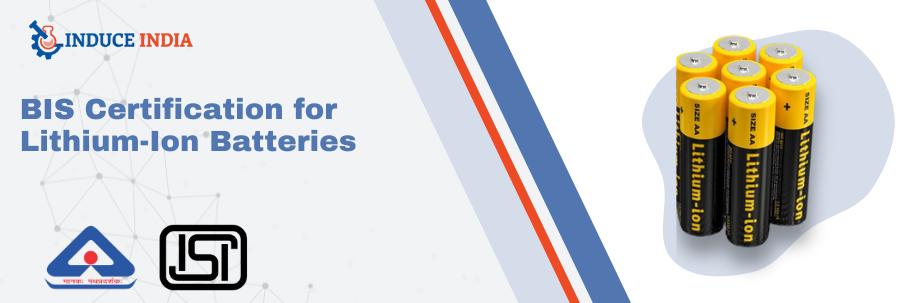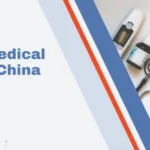The lithium-ion battery is one of the best energy storage systems that is used in electric vehicles and other high-power equipment. These batteries have longer cycle life, higher energy density, are environment friendly, and reduce weight and volume. If you want to obtain BIS certification for lithium-ion batteries then worry not, we are here to help you. The primary goal of battery safety testing is to ensure that batteries are safe to use and have the ability to perform well in high temperatures and high current conditions. Not only this, but also withstands the mechanical stress of usage in portable equipment.
Explore Tests include in the Battery Certification Process
A battery Import License for lithium-ion batteries is designed to ensure safety, performance, and purpose. The battery certification process includes the physical and electrical tests. The dissolution testing includes the effects of temperature variations on a battery’s ability to hold a charge. It determines whether the battery will remain fully charged or lose its charge over time. Another is discharging testing which is used to stimulate actual use conditions like charging from another source. The voltage test will ensure that your batteries have sufficient power to carry out the job you have asked them to do. Cycle life testing helps in determining how long a battery will last before it needs replacing. Internal resistance tests and capacity tests are also helpful in checking the capacity to perform at its optimum level.
What is the process of BIS certification process for Lithium-Ion Batteries?
The first part involves testing the batteries themselves. This includes testing for risks like explosion, overheating, or fire. A battery may also tested for leakage during charging or discharging. The second part is determining whether there are defects in batteries or not.
To obtain BIS certification, the company must submit a detailed application and pay a fee. A lithium-ion battery is covered under the BIS compulsory registration scheme. The initial step is filling up of application form that is available on the website of BIS. then you have to pay a fee after filling in the required information. Your application form also requires uploading scanned copies of documents to get BIS registration for lithium-ion batteries.
Make sure that you have all the documents like the ISO certificate of the manufacturer, filled CDF/CCL form, filled BIS application, details of marking on the product, authorization letter, user manual, photo ID of authorized Indian Representative, trademark certificate, test reports, and technical specification.
After the submission of documents and applications, BIS officials examine the test reports and ensure that all requirements are met. This step is essential to verify the quality and safety of lithium-ion batteries. If the test report and documents match with all standards then the BIS will grant you the certification.
With the support and guidance of a BIS consultant in India, you can easily complete the process without any hindrances. Well-known consultants make sure that all documents hold correct information and that the process is completed within some days without wasting much time.
Is there any marking on the Lithium system battery?
Yes, there are a few markings on Lithium batteries. These are secondary(rechargeable) Li or Li-ion, a polarity that is the date of the manufacturer, rated capacity, nominal voltage, and battery designation as per the IS standards, and name or identification of manufacturer or supplier.
Benefits of Obtaining BIS Certification for Lithium-Ion Batteries
It ensures that lithium-ion batteries meet safety standards, reducing the risk of hazardous incidents such as overheating or explosions. It also enables the government to regulate the lithium-ion battery market. Not only this it prevents dangerous products from reaching consumers and benefits both manufacturers and consumers in many ways. It enforces quality standards, enhancing the durability and reliability of lithium-ion batteries. With various tests, BIS certification for lithium-ion batteries increases the value of the brand. The BIS certification process of lithium-ion batteries involves rigorous testing and inspection to ensure that products meet the set of standards.
Conclusion
The BIS certification process for lithium-ion batteries includes some essential steps. It benefits both manufacturers and consumers. It safeguards the interests of consumers and public health by regulating products that have safety and quality. Complete the process of certification accurately and pay the applicable fees with the submission of the application form. If you want to obtain this certification then don’t waste your time because this certification can help your brand’s lithium-ion batteries to grow in the market.



